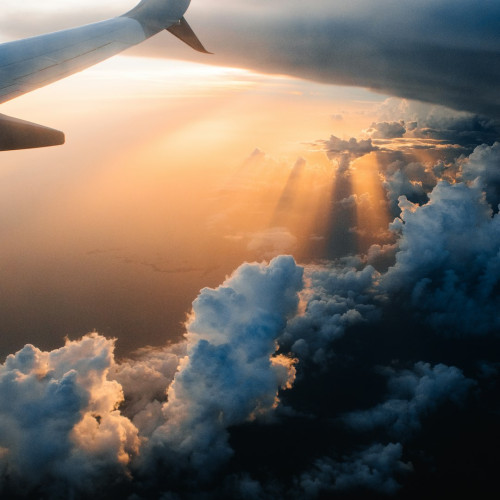
Essential Tips for Safe Travel: A Comprehensive Guide
# Introduction. Traveling is one of life’s greatest joys, providing opportunities to explore new cultures, meet fascinating people, and witness stunning landscapes. However, safety should always be a priority when embarking on an adventure. From planning your trip to ensuring your well-being while away, being informed is key to a secure journey. This guide offers essential tips on how to travel safely, empowering you with the knowledge needed to enjoy your travels without unnecessary worry. # Research Your Destination Thoroughly. Before you set off on your journey, it's vital to research your destination. Understanding the local culture, customs, and safety concerns can make a huge difference. Look into the political climate, health advisories, and potential areas to avoid. Websites such as government travel advisories provide up-to-date information regarding safety issues. Additionally, learning a few key phrases in the local language can enhance your experience and serve you well if you find yourself in a tricky situation. # Secure Your Belongings. Keeping your belongings safe is another critical aspect of travel safety. Use a reliable travel bag with multiple compartments and zippers. Anti-theft backpacks or bags are also available, featuring lockable zippers and cut-resistant straps. When navigating touristy areas, keep your bag on your person and in front of you. A money belt can also help keep your passport, cash, and cards secure. For valuable items like cameras or jewelry, consider leaving them at home or in a secure location rather than taking them with you on your adventures. # Monitor Your Health During Travel. Your health is paramount when traveling. Before you depart, consult with a healthcare professional about any vaccines you may need based on your destination. Always pack a basic first-aid kit and any necessary medications, making sure to carry your prescriptions and a list of emergency contacts. Staying hydrated and eating responsibly will help maintain your health while on the road. If you feel unwell, take a break and don't hesitate to seek local healthcare if needed. # Stay Connected with Family and Friends. Keeping in touch with family and friends while you travel can provide an extra layer of security. Share your itinerary, including where you’ll be staying and your planned activities. Regularly update them about your location and well-being. Consider using messaging apps that work over Wi-Fi to stay in contact without racking up international roaming charges. Additionally, ensuring your phone is charged and has a backup power source can help you remain connected in case of unexpected situations. # Use Caution with Local Transportation. When it comes to transportation in a foreign country, exercise caution. Research local transportation options and consider using reputable taxi services or rideshare apps instead of hailing random cabs. Public transportation can be an affordable option, but it’s advisable to familiarize yourself with the routes beforehand to avoid getting lost. Keep your belongings secure and be aware of your surroundings at all times, especially in crowded areas. # Follow Local Laws and Customs. Respecting the laws and customs of the country you’re visiting is crucial for a safe and enjoyable experience. Familiarize yourself with local regulations regarding dress codes, photography, and behavior in public spaces. Ignorance of the law is not an excuse, and adhering to local customs demonstrates respect for the culture you’re experiencing. Additionally, be mindful of local emergency numbers and know how to contact authorities should you need assistance. # Conclusion. In summary, safe travel is about preparation, awareness, and respect for local customs. By conducting thorough research, securing your belongings, monitoring your health, staying connected, using caution in transportation, and adhering to local laws, you’ll be well on your way to a safe and enjoyable journey. Embrace the thrill of exploration while prioritizing your safety, and you'll cultivate memorable experiences around the globe. .









